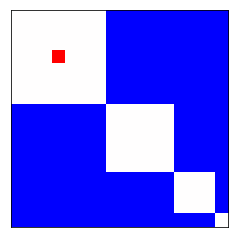Open quantum systems with local and collective incoherent processes: Efficient numerical simulation using permutational invariance
The permutational invariance of identical two-level systems allows for an exponential reduction in the computational resources required to study the Lindblad dynamics of coupled spin-boson ensembles evolving under the effect of both local and collective noise. Here we take advantage of this speedup to study several important physical phenomena in the presence of local incoherent processes, in which each degree of freedom couples to its own reservoir. Such local processes, although often unavoidable, are seldom considered in standard open quantum systems approaches. Assessing the robustness of collective effects against local dissipation is paramount to predict their presence in different physical implementations. We have developed an open-source library in Python, the Permutational-Invariant Quantum Solver (PIQS), which we use to study a variety of phenomena in driven-dissipative open quantum systems. We consider both local and collective incoherent processes in the weak, strong, and ultrastrong-coupling regimes. Using PIQS, we reproduced a series of known physical results concerning collective quantum effects and extended their study to the local driven-dissipative scenario. Our work addresses the robustness of various collective phenomena, e.g., spin squeezing, superradiance, quantum phase transitions, against local dissipation processes.
PDF Abstract